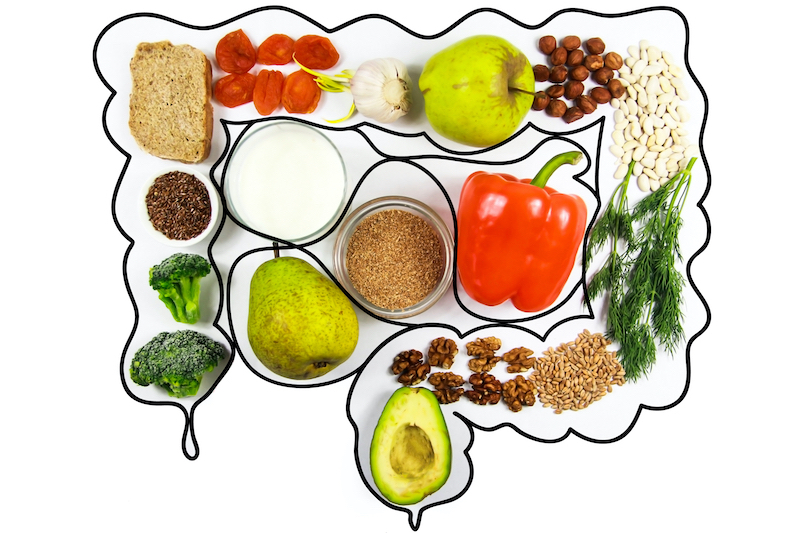


These days, we’re seeing more and more supplements, health drinks and advertisements that promote a healthy gut, but what is gut health and why is it important?
Here’s what you need to know.
Why is gut health important?
There are around 40 trillion bacteria in your body, most of which are in your intestines. These bacteria are called your gut microbiota and they can affect your overall health in several ways. While some of these microbiotas are harmful to our health, many are beneficial and even necessary to a healthy body.
In 2015, scientists discovered that gut health plays a more complex role in our overall health than originally thought. It has been linked to other health issues that have nothing to do with digestion, from immunity to diabetes and chronic illnesses.
Clinical Director at House Call Doctor, Dr Ryan Harvey said “the health of your gastrointestinal system can have an enormous impact on the entire body. It helps your body extract nutrients from food and helps support your immune system to protect against pathogens and illness.”
What’s an unhealthy gut?
There are multiple symptoms that people experience that can indicate an unhealthy gut. Many aspects of modern life can contribute to damaging our gut health including stress, poor diet and inadequate sleep. The most common signs are:
- Stomach disturbances: gas, bloating, constipation, diarrhea, and heartburn can all be signs of an unhealthy gut.
- High-sugar diet: processed foods and added sugars can decrease the number of good bacteria in your gut.
- Sleep disturbances or constant fatigue: an unhealthy gut may contribute to insomnia or poor sleep.
- Autoimmune conditions: an unhealthy gut may increase systemic inflammation and alter the functioning of the immune system which can lead to autoimmune diseases.
- Food intolerances: food intolerances may be caused by poor quality of bacteria in the gut.
How to improve your gut health
There are many ways to improve your gut health. These include:
- Lowering your stress levels: high levels of stress are hard on your whole body, including your gut. Try activities like meditation, walking and massage, or simple spend time with family and friends to help reduce the negative impacts of stress.
- Getting enough sleep: try to prioritise getting at least 7-8 hours of uninterrupted sleep per night.
- Staying hydrated: this is a simple way to promote a healthy gut and will have lasting effects for your whole body.
- Taking a prebiotic or probiotic: adding a supplement to your diet may be a beneficial way to improve your gut health. Make sure to consult a healthcare professional when choosing a prebiotic or probiotic to ensure it’s the right one for you.
- Checking for food intolerances: if you are suffering from a food intolerance, you can try eliminating common trigger foods to see if your symptoms improve. This can lead to a positive change in your gut health.
Food is a huge contributing factor to gut health. It is important to avoid foods which are processed, high in fat or high in refined sugars. There are foods that actively promote the growth of beneficial bacteria which contributes to your overall health. These include:
- High fibre foods: legumes, beans, bananas, peas, oats, raspberries, broccoli and whole grains.
- Garlic and onion.
- Fermented foods: kimchi, yoghurt, miso, saukraut, kefir and kombucha.
- Collagen-boosting foods: bone broth and salmon.
If you want to find out more information about your gut health, speak with your local GP or healthcare professional.




